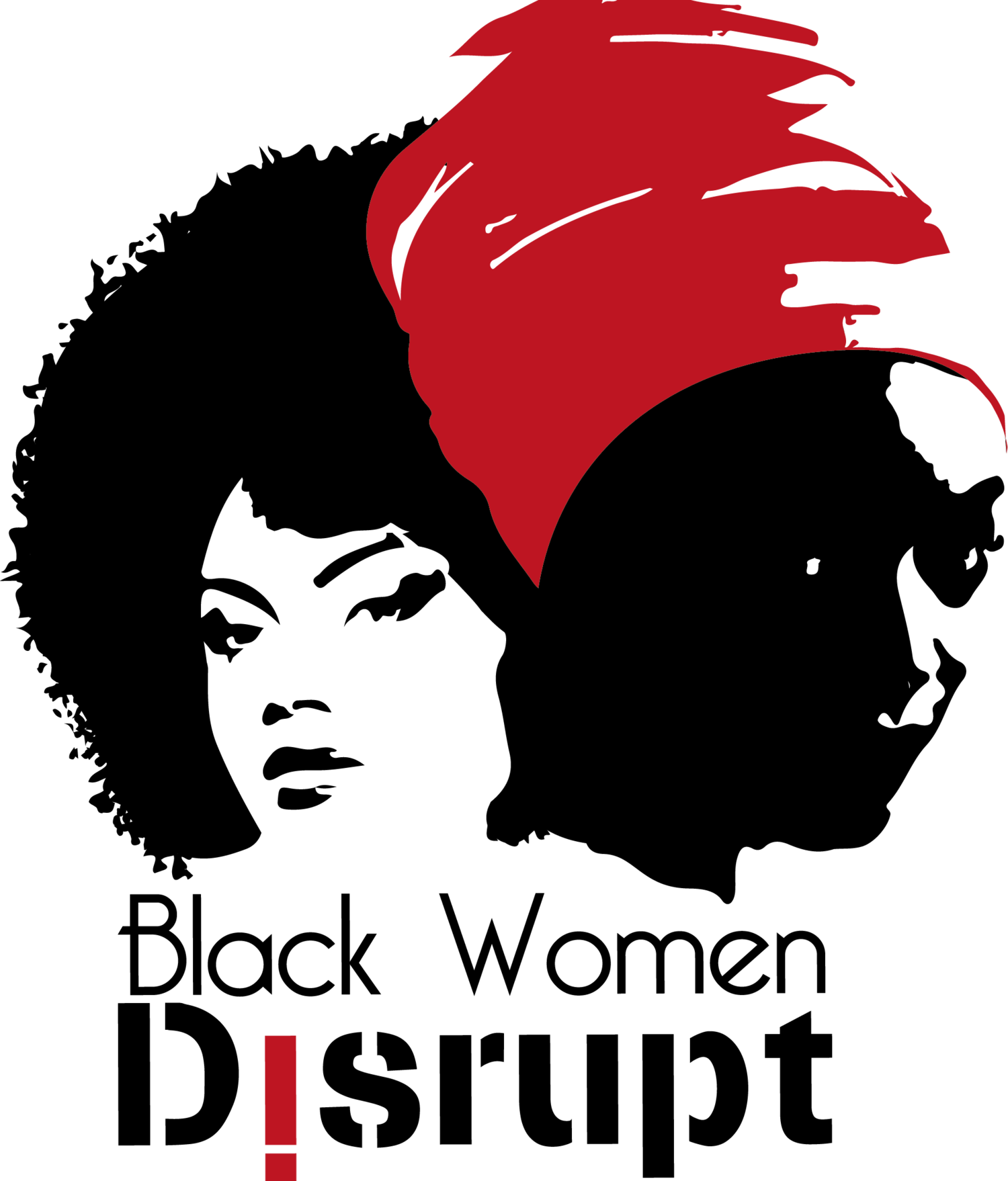Join Black Women Disrupt for our second Cultural Cafe event “Juneteenth - Building Green Communities, Self Sufficiency, Mutual Aid and Climate Change.” Event to be held on Saturday, June 18 at 3:00pm EST.
This second installation of Cultural Café will feature two notable sister disruptors: Rashida Ferdinand and Falani Spivey who will engage Black women innovators in an open conversation about the importance of sustainable community development work that incorporates green solutions, health and wellbeing, always drawing parallels in the larger forum between other similar experiences throughout the global Black diaspora.
The event will have simultaneous interpretation in Spanish and Portuguese to facilitate multilingual communication.
Special guests: Falani Spivey and Rashid Ferdinand
Byrd’s Nest Box, LLC was founded by Falani Spivey, as a fresh produce company specializing in curated farm boxes with homegrown and artisanal products. Growing up in Washington, DC, Falani spent countless summers in North Carolina on her Grandparents farm where she fell in love with consuming homegrown produce. Being raised by a family of horticulturist, she developed a passion for agriculture and began growing vegetable crops in 2015, honoring the history of African American homesteading. As a youth advocate and arts educator, Falani instructs urban agro ecology workshops throughout the DC metropolitan area.
Rashida Ferdinand is the founder and executive director of Sankofa Community Development Corporation (CDC), founded in 2008 to support health-centered economic development in the Lower Ninth Ward area after the 2005 Hurricane Katrina Disaster. Ferdinand brings her background and experience as a sculptor and visual artist to her work to creatively inspire community development in the Lower Ninth Ward area, with her Mandala sculpture installed on Caffin and Claiborne Avenues in the Lower Ninth Ward as a part of the Arts Council of New Orleans public art program. Ferdinand leads Sankofa CDC through engagement in community-driven planning and infrastructure development projects to improve the built environment of the Lower Ninth Ward and other under-resourced neighborhoods through facilities for access to healthy food, environmentally sustainable use of land, and community health programs to support equitable, sustainable, and progressive growth.

